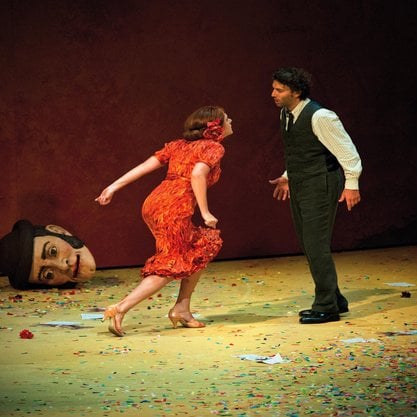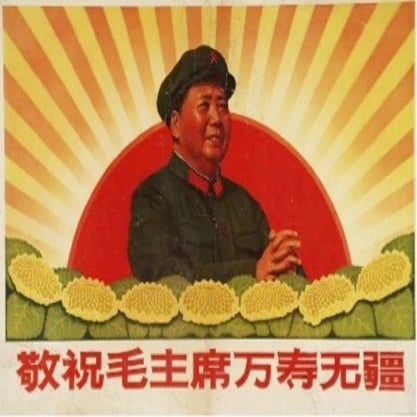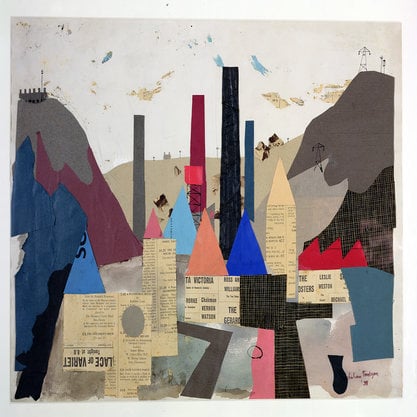Article
Kubo, Sakae (1900–1958) By Swain, John D.
Article
Kubo Sakae was a leading shingeki playwright prior to World War II, and a shingeki socialist hero afterward. His greatest dramatic work is the epic Kazanbai-chi [Land of Volcanic Ash] (1937–1938) about the exploitation of peasant labor on farms in the northernmost-Japanese island of Hokkaido where he was born. His heroic status stems from his arrest in 1940 as a communist, his refusal to recant his socialist beliefs, and his imprisonment until the war’s end.
Although Kubo returned to writing and socialist activism after the war, political divisions within the socialist movement and in shingeki stymied his further success. In an act of personal despair and political theater (some say petulance) intended to jolt competing factions within the socialist movement to unite, Kubo committed suicide in 1958.
Kubo joined the Tsukiji Shōgekijō in 1926 after graduating from Tokyo University with a degree in German literature. He began translating plays from German. In 1928 Kubo joined Hijikata Yoshi’s new troupe, the New Tsukiji Company, and began writing his own works. The company produced Kubo’s first play of note in 1930. Shinsetsu Kokusenya gassen [The New Tale of the Battle of Coxinga] drew on ancient Chinese and Japanese lore.


